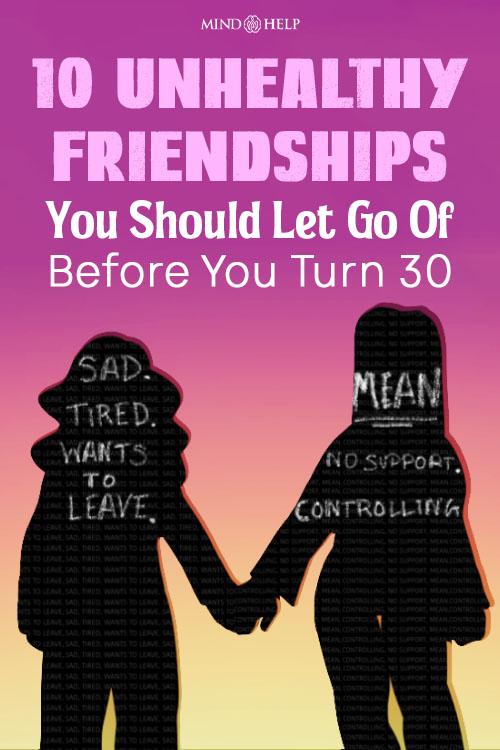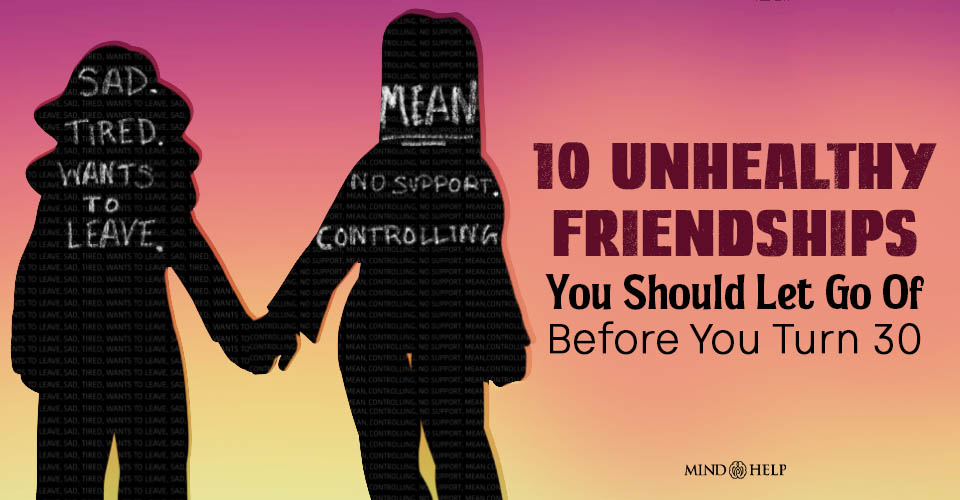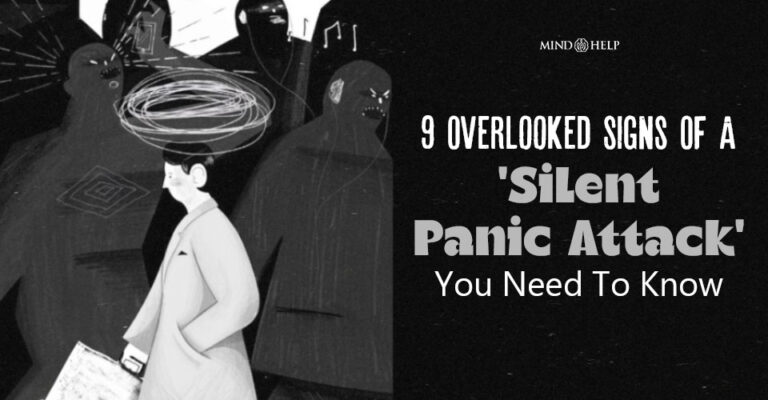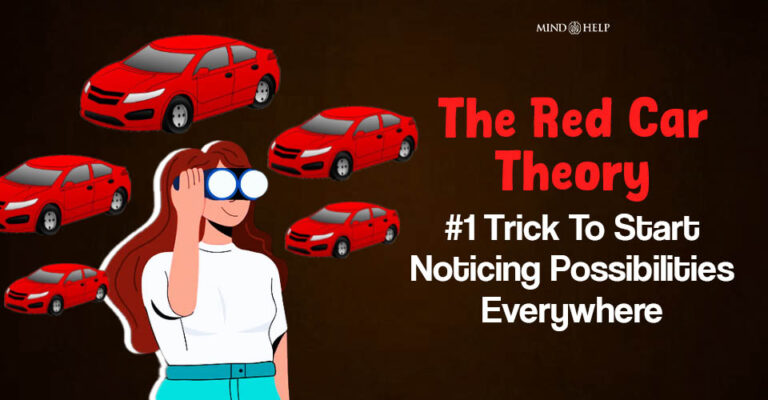Your 30s are a time to protect your peace, energy, and emotional health. So take an honest look at the people in your life, and see which are the types of unhealthy friendships that are draining and bad for you.
Not all friendships are meant to last. Some become emotionally draining, unbalanced, or even damaging over time. And that’s okay. Growing up also means growing out of relationships that no longer feel right.
Here are 10 types of unhealthy friendships that might be holding you back and why it’s okay to walk away.
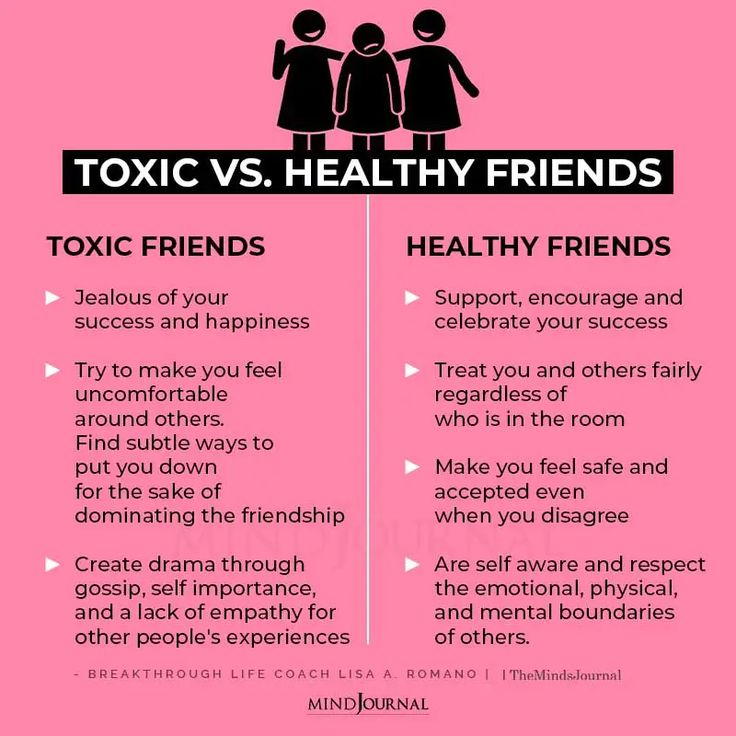
10 Types Of Unhealthy Friendships That Are Draining
1. The Chaos Creator
This friend always seems to be in the middle of some kind of drama. Fights, emotional meltdowns, or constant crisis is the norm with them. Even when things are calm, it doesn’t last for long.
People like this often feed off emotional intensity. Over time, being around them can raise your stress levels and leave you feeling on edge.
2. The Negative One
Mood and mindset are influenced by the people around you. Constant negativity can wear on your own mental health, even if you’re usually optimistic.
These kinds of friends that are bad for you never have anything good to say. Everything is a problem, every situation is a letdown, and no advice ever seems to help. You’re left feeling emotionally heavy after every conversation.
3. The Friend Who Makes You Do All the Work
You’re always the one reaching out, making plans, and keeping the connection alive. They don’t really make an effort unless it’s convenient for them.
Friendships should feel mutual. If one person is always giving while the other just receives, it creates an imbalance that slowly leads to emotional fatigue.
4. The Friend Who Can’t Stop Criticizing
They always find a way to point out what you could be doing better, how you look, who you date, what choices you’re making. Even their jokes often carry a sting.
Over time, this kind of behavior chips away at your self-esteem. Constructive feedback is one thing, but constant criticism creates a relationship built on judgment, not support.
5. The Emotionally Draining Friend
They use you as their therapist, overshare, or constantly vent without checking in on how you’re doing. You walk away feeling mentally exhausted every time.
Emotional labor without balance can take a toll on your mental health. It’s healthy to support friends, but not at the cost of your own emotional well-being.
6. The One You Can’t Trust
They gossip about others constantly, and deep down, you suspect they do the same with your private information. You hesitate to open up around them.
Trust is a core part of emotional safety. If you can’t be vulnerable or honest with a friend without fear of betrayal, the friendship can’t grow in a healthy way.
7. The No-Show
They always cancel last minute or ghost you when you’ve made plans. You feel like you’re never a priority.
Being let down again and again creates a feeling of emotional instability. You start to expect disappointment instead of connection, which makes the friendship feel unreliable and unfulfilling.
8. The Friend Who Competes, Not Celebrates
You share good news, and they immediately bring up their own achievements, or try to top yours. You rarely feel genuinely celebrated around them.
This kind of dynamic creates subtle tension. When a friend turns every win into a comparison, it can damage your confidence and reduce your sense of connection.
9. The Master Manipulator
They twist your words, use guilt to get what they want, or make you feel responsible for their emotions. You often feel confused or like you’ve done something wrong after talking to them.
Manipulation is a way to control people emotionally. Over time, this can make you question your own judgment, which is a key warning sign of a toxic dynamic and friends that are bad for you.
10. The One Who Never Gives Back But Takes
These are the type of friends who avoid paying their share, don’t help when you need it, or only reach out when they want something. They’re rarely there when it matters.
Reciprocity is an essential part of healthy friendships. If you’re always giving and rarely receiving, it creates resentment and emotional strain.
Read more here: How To Leave A Friend Group Without The Drama: Growing (And Outgrowing)
Letting go of friends, especially ones you’ve known for a long time can be painful. But protecting your emotional space is an act of self-respect.
Friendships are meant to lift you, not drain you. If someone consistently makes you feel small, used, or overwhelmed, you have every right to walk away.
Share your thoughts. Do you have friendships that are draining? Tell us in the comments below!
